Optimal Timing for Storm Restorations
Storm restorations are most effective when performed promptly after a storm event to prevent further damage and ensure structural integrity. The optimal timing depends on weather patterns, with late summer and early fall often being ideal due to the frequency of storms in the region. Addressing storm damage quickly can minimize repair costs and reduce the risk of secondary issues such as mold or water intrusion.
Perform storm restorations during periods of stable weather to ensure safety and effective repairs. Avoid extreme cold or heat which can hinder repair work.
Immediate inspections after storms can identify damage early, allowing for timely restoration before issues worsen.
Monitoring local weather forecasts helps determine the best window for restoration work, especially in regions prone to frequent storms.
Older properties may require more urgent repairs following storms to prevent deterioration.
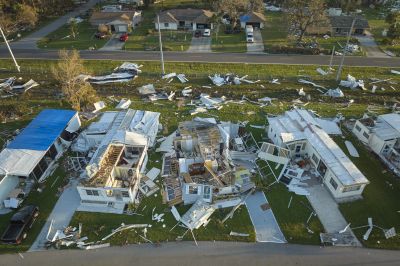
Assessing damage promptly after storms helps determine the scope of restoration needed.
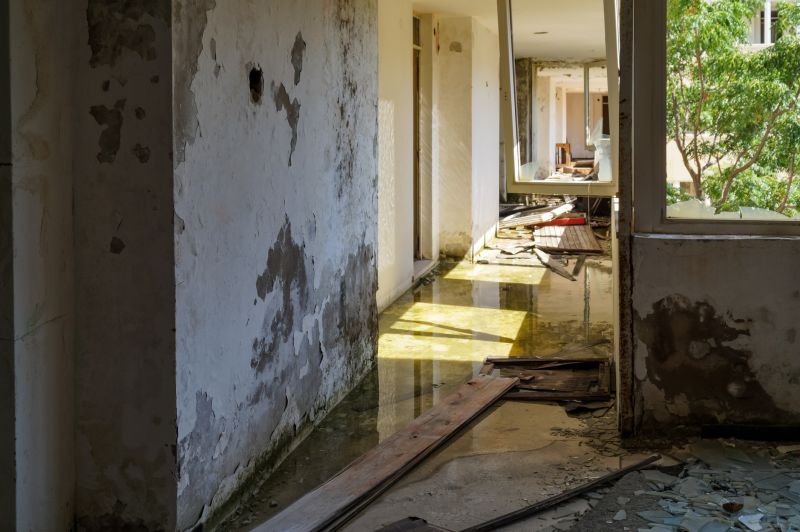
Ways to make Storm Restorations work in tight or awkward layouts.
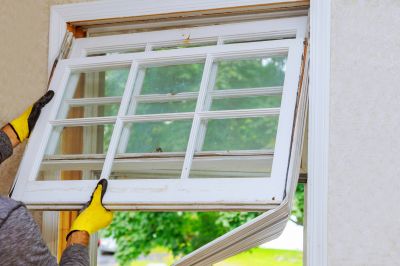
Scheduling repairs during favorable weather conditions ensures quality work and safety.
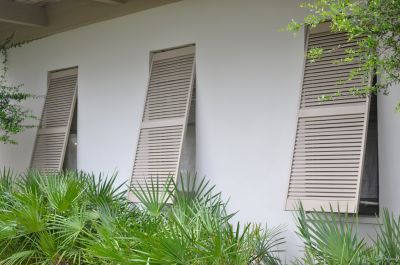
Popular materials for Storm Restorations and why they hold up over time.
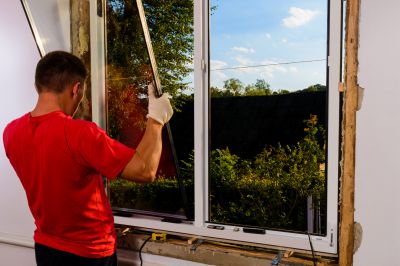
Simple add-ons that improve Storm Restorations without blowing the budget.
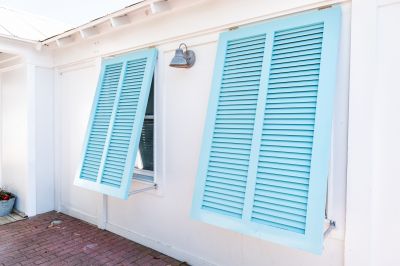
High-end options that actually feel worth it for Storm Restorations.
| Factor | Impact on Timing |
|---|---|
| Storm Season | Peak storm months are ideal for planning restorations. |
| Weather Conditions | Clear, stable weather facilitates effective repairs. |
| Damage Severity | More severe damage requires urgent attention. |
| Property Age | Older properties may need quicker restoration to prevent deterioration. |
| Contractor Availability | Off-peak seasons may offer more scheduling flexibility. |
| Local Regulations | Compliance timelines can influence scheduling. |
| Post-Storm Inspection | Early assessment guides timely action. |
Statistics indicate that properties repaired promptly after storms experience fewer secondary damages and lower repair costs. In regions prone to frequent storms, establishing a proactive restoration plan can mitigate long-term risks and ensure property resilience.
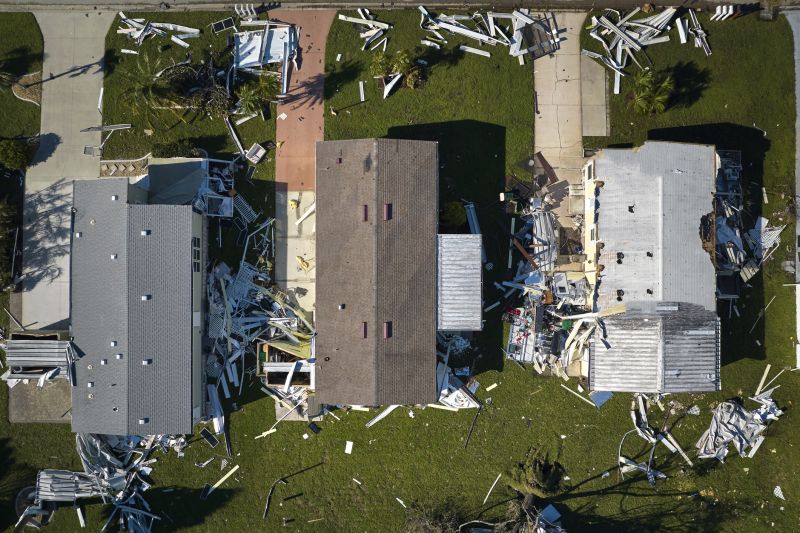
Comprehensive repairs restore property safety and integrity.
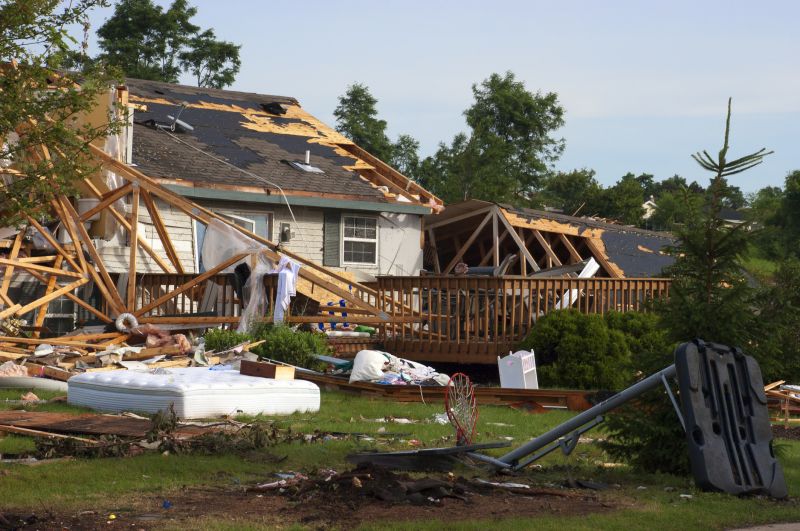
Addressing roof damage prevents leaks and structural issues.
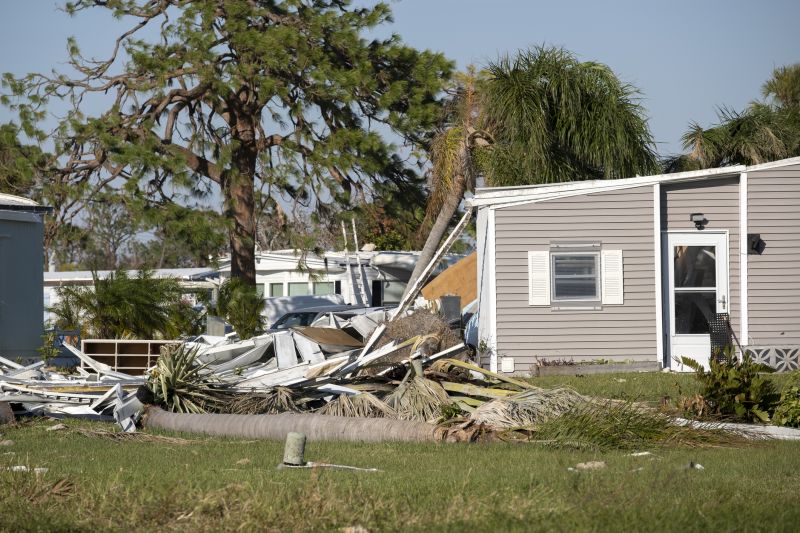
Restoring siding helps protect against future weather damage.
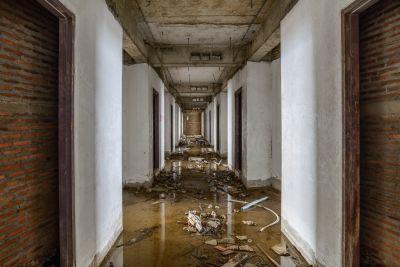
Removing water intrusion prevents mold and decay.
Interested property owners in Valencia, CA, are encouraged to contact professionals to evaluate storm damage and discuss restoration options. Prompt action can help maintain property value and safety after severe weather events.
